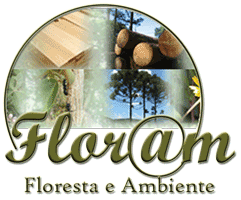Abstract
The loss of biodiversity has been of much concern throughout the world. Globally 13 million ha are annually converted to agricultural use, mainly from forests. In the past, conservation of tropical ecosystems was concentrated on preserved areas. The fact is that most of terrestrial ecosystems is an agroecosystem. One main question is to know what part of biodiversity does or could function in specific ways to promote the sustainability of future systems. Ants are organisms that frequently have been cited as important for conservation and useful as bioindicators. Ant species may act as biological control agents in agroecosystems and reduce undesirable pests. The influence of ant colonies on the environment is enhancing by their ground foraging activities, with possible impacts on both soil and vegetation. However conventional agriculture has a negative impact on ant diversity whereas traditional agriculture systems often are better for biodiversity conservation. One main challenge of this millennium is to find ways to link sustainable use of biodiversity with socio-economic benefits for human populations.
Key words
Soil fauna; Biological Control; Insect Ecology; Agroecology; Convention on Biological Diversity; Atlantic Forest
